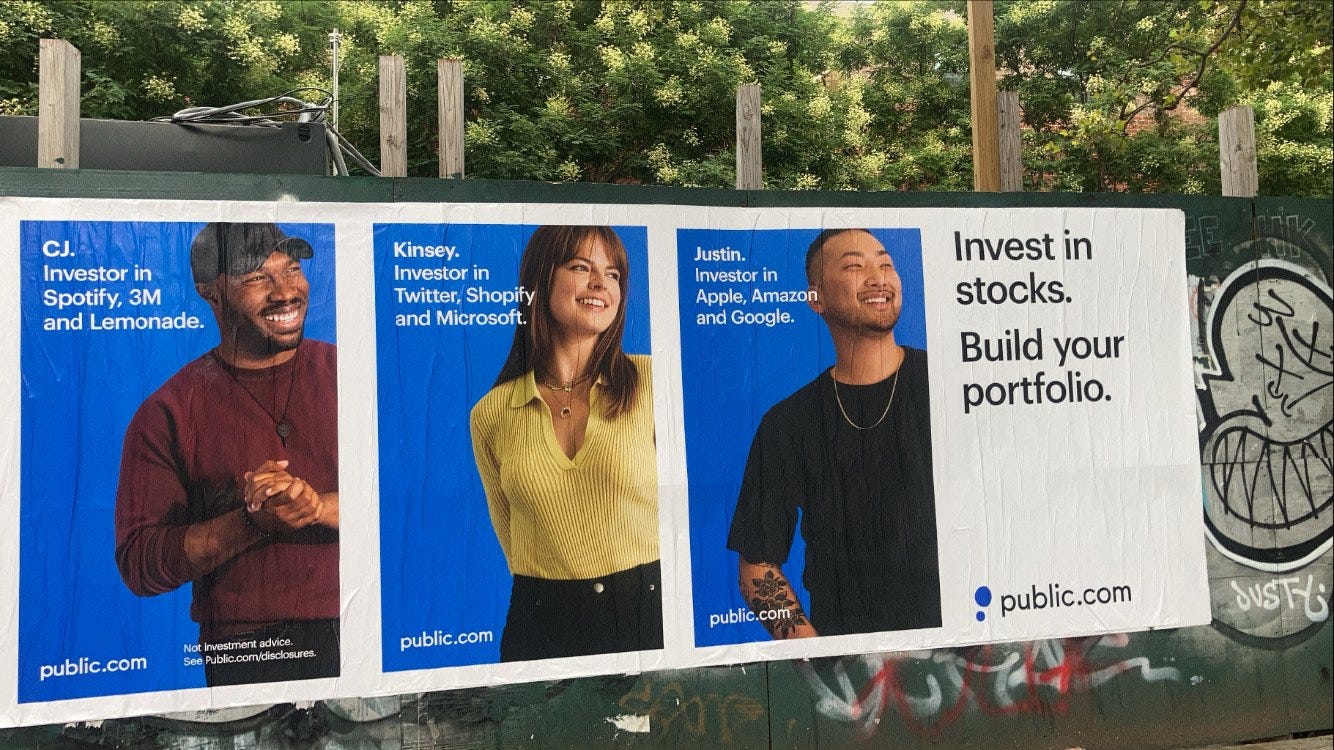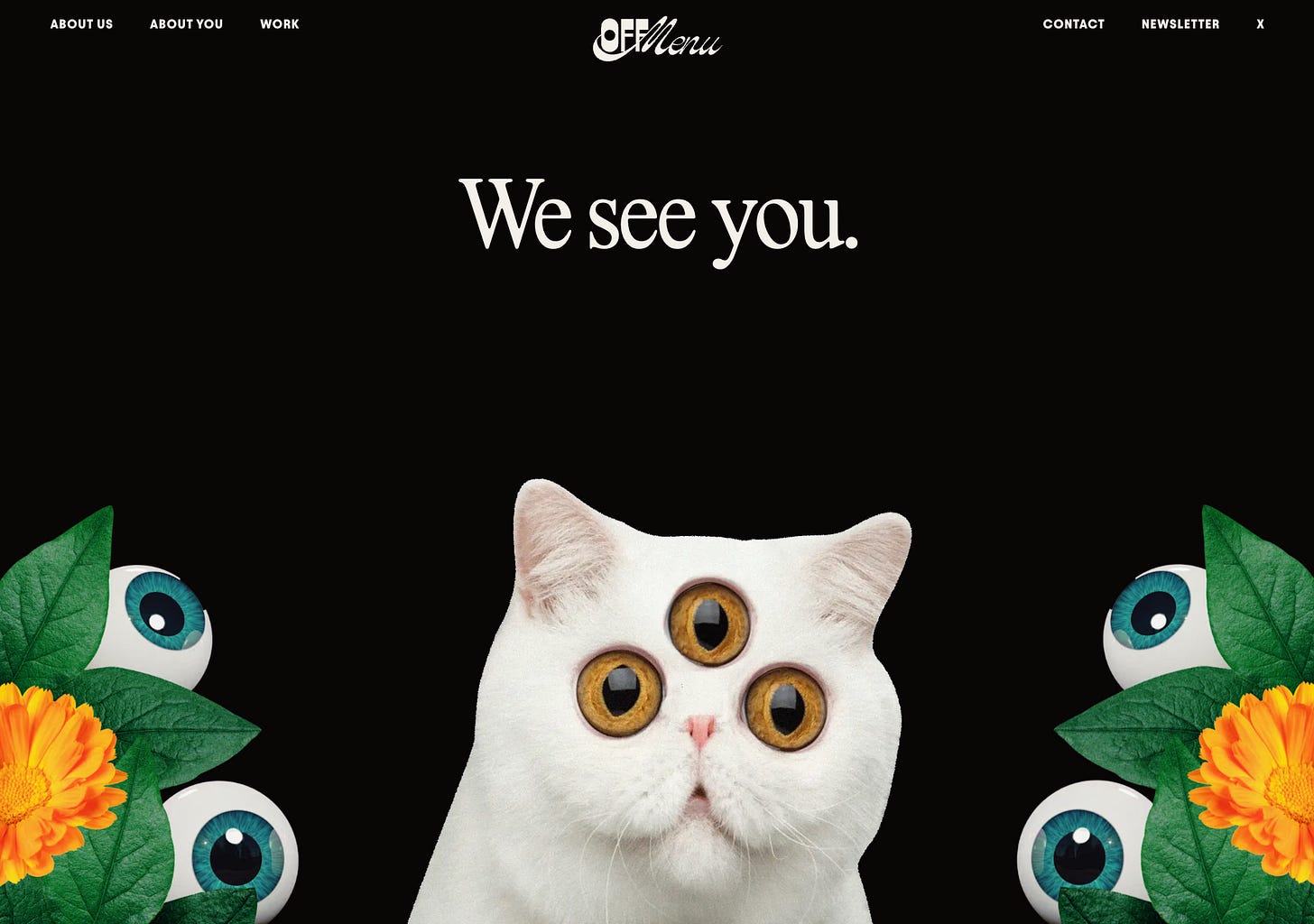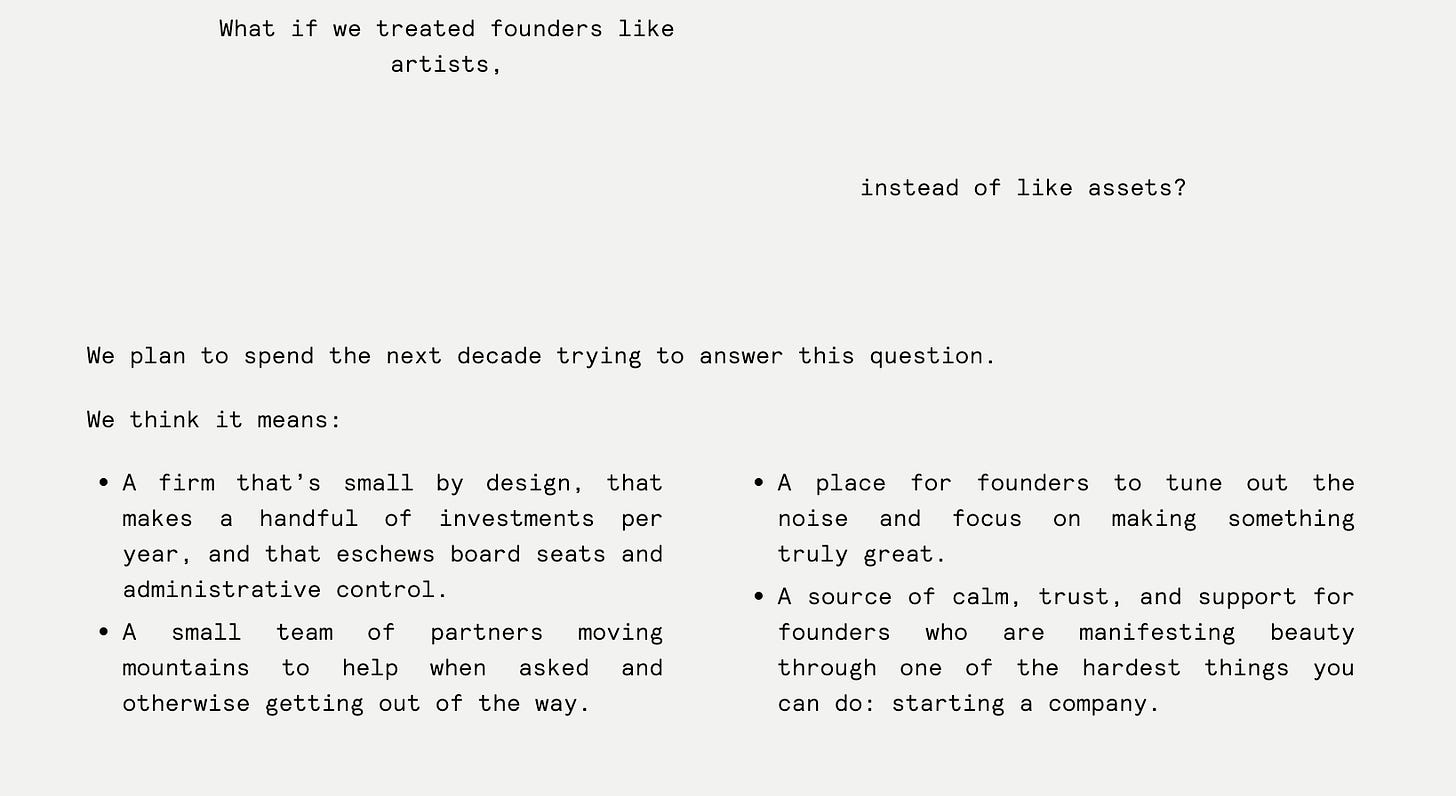In a marketplace where everyone shouts identical claims, the brands that break through don't just talk about what they do—they speak directly to who their customer is.
The secret? You don't win by having louder feature announcements. You win by making your customer feel seen in ways your competitors don't.
The commoditization trap
We've all seen it happen. A category gets hot. Entrants flood in. What was once novel becomes expected. Features that were once differentiators become table stakes. Everyone's product starts to look eerily similar.
Then comes the death spiral: price competition, feature bloat, marketing that gets increasingly hyperbolic yet increasingly ignored. The more companies shout about their marginally better features, the less anyone cares.
This is the commoditization trap—and it's happening faster in more categories than ever before. SaaS, crypto, CPG, AI... they're all facing the same fundamental challenge: when your product is no longer meaningfully unique, how do you stand out?
Start with "who"
The breakthrough comes when you shift focus from what you're selling to who you're selling to. Not in the superficial demographic sense, but in the deeper psychological reality of your customer's experience.
This approach works because it moves beyond the functional to the emotional and identity-based. When products reach feature parity, the decision to choose one over another becomes less rational and more emotional—less about what the product does and more about how it makes us feel about ourselves.
The most powerful version of this strategy doesn't just target a demographic; it acknowledges an unspoken human truth that your ideal customer experiences but rarely sees reflected back to them. When done right, it creates an almost uncanny moment of recognition: "This company gets me in a way others don't."
The mirror in action
Equinox's "We Don't Speak January" campaign perfectly captures this approach. When every fitness brand was shouting about New Year's resolutions and quick transformations, Equinox declared they don't acknowledge "January fitness commitments" because their members aren't casual resolution-makers—they're dedicated to the long game. In one move, they elevated their members' identity above everyone else's.
Postmates didn't dominate delivery because their app was revolutionary. Their "We Get It" campaign worked because it reflected our messy eating reality: not Instagram-worthy dinners but 11 PM ice cream binges and hangover tacos. They weren't selling delivery; they were selling "we understand your shameful food moments and embrace them."
Public could've gone finance-bro with suits and charts. Instead, they featured artists and gig workers in their investor messaging. The subtext? "We know you never saw yourself as an investor, and that's exactly why we built this."
Becoming the customer's mirror
At my studio, Off-Menu, we have the standard "About Us" page, but we deliberately added an "About You" page that reflects clients back to themselves:
"You know better than anyone: Attention is everything. But getting noticed isn’t enough. You want obsession.."
Potential clients read it thinking, "These people understand my problem better than I could explain it."
Asylum Ventures succeeds not with "better terms or services" like every other VC, but by specifically backing founders who identify as artists first, entrepreneurs second. They're not trying to be for everyone—they're being the only firm where a specific type of founder feels truly understood.
The opportunity across commoditized categories
This approach creates breakthrough opportunities across numerous commoditized categories:
AI Assistants: Every AI platform claims better performance metrics and more capabilities. But as I previously wrote, what if Claude positioned itself specifically for creatives – not just with features for creative tasks, but by truly understanding the creative mindset, the blank-page anxiety, the need for a thought partner who enhances rather than replaces the human touch? That's a differentiation that matters.
CPG Brands: Look at the sparkling water aisle. Dozens of brands with identical bubbles in different cans. The winners aren't winning on carbonation quality – they're winning by understanding specific lifestyle identities. Liquid Death isn't about water; it's about the person who refuses to be the boring non-drinker at the party.
Crypto: Every L1 blockchain touts TPS and security. But what if one positioned not around technical specs but around the type of builder they understand? The Web2 developer who's crypto-curious but intimidated. The idealist who wants to build systems with values aligned to theirs. The pragmatist looking for real-world applications beyond speculation.
SaaS: Project management tools are functionally interchangeable, yet some thrive. Notion succeeded not because its features were revolutionary, but because it understood a specific type of knowledge worker who wanted flexibility over rigid structure, who thinks visually and associatively rather than linearly.
The human advantage
When products become commoditized, relationships become the differentiator. Leading with "who" creates a natural filter—repelling poor fits while magnetically attracting the right ones. Your marketing gets efficient. Sales cycles shorten. Customer relationships deepen.
Most importantly, you become harder to compete with. Features get copied. Prices get matched. But the feeling of being truly seen? That's a moat your competitors can't easily cross.
The starting point
Try this: Put aside your feature list and write a letter beginning with: "We built this for you because we understand that you..."
Complete it with the deepest human truth about your customer—not their demographic info, but the emotional reality they're navigating that no one else acknowledges.
That's how you spark connection.
The bottom line
In a sea of sameness, don't shout louder about what you do. Whisper the truth about who they are.










